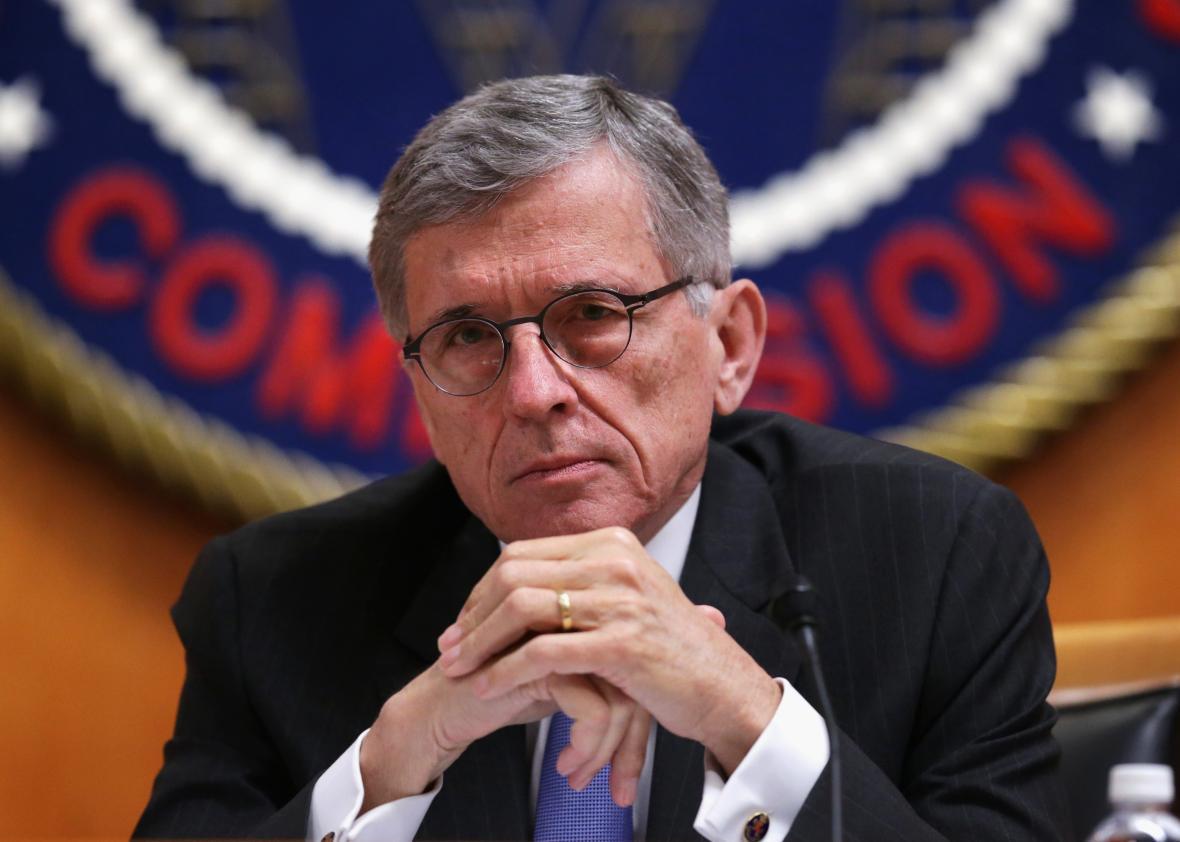The Republican and Democratic party platforms may clash on most issues, but they do agree on one thing: Broadband access is critical. According to the Republican platform, America must “pav[e] the way for high-speed, next generation broadband deployment and competition.” The Democratic platform echoes this view, proclaiming: “High-speed internet connectivity is not a luxury; it is a necessity for 21st century economic success, social mobility, education, health care, and public safety.”
Like electricity, high-speed data connectivity has become vital to the production of virtually everything else in the economy. Businesses, hospitals, office buildings, schools and other institutions require significantly more bandwidth than you use at home—so they need a far fatter pipe that is always available, reliable, and secure.
Seems logical, right? But currently the prices and terms for business broadband are often unreasonable and vary widely based on the number of competing providers. But there’s a chance this could change: FCC Chairman Tom Wheeler has promised to reform the broken market for enterprise-grade connections to the internet this year, and Tuesday, Aug. 9, is the deadline for public comments on proposals. Just as the FCC adopted strong network neutrality rules last year, reasoning that broadband access is increasingly essential to the rest of the economy, the commission should ensure businesses and other institutions pay a competitive market price for internet access.
Business data services, or BDS, are dedicated lines that allow big data users to support a host of services over the internet, from inventory control to video streaming. These high-capacity networks make it possible for businesses to compete and succeed in the global economy, for branch banks and retailers to process real-time financial transactions, and for schools to provide students with everything the World Wide Web has to offer.
Unfortunately, the market for BDS is extremely concentrated. Typically the former monopoly telephone provider in each region—AT&T, Verizon, and CenturyLink—remains the dominant provider, leveraging their control over wireline networks strung along poles or buried under streets decades ago. According to the FCC, 75 percent of nonresidential buildings are served by a monopoly BDS provider, while more than 95 percent of locations are served by no more than two suppliers.
This affects mobile networks, too. Smaller carriers like Sprint and T-Mobile increasingly depend on BDS to backhaul data traffic from smartphones—and from a mushrooming number of local cellular sites—to the internet. (Backhauling data from cell towers to the internet backbone accounts for 30 percent of mobile network operating costs.) So the newer carriers must pay their bigger competitors for the right to use their wirelines. Although the FCC recently allocated additional spectrum resources to facilitate the development of super-fast 5G wireless networks, the U.S. won’t maintain its lead in mobile broadband speed without an enormous increase in competitive and affordable wireline backhaul.
Thanks to their market power, incumbent telcos can charge exorbitant rates and impose anti-competitive terms on business customers, who in turn pass those higher costs along to consumers. A study this year by the Consumer Federation of America estimated that as much as half of the current $40 billion paid for BDS each year represents overcharges that result in higher prices for consumers and excess profits for the dominant local phone companies. CFA estimates these overcharges have cost the economy $150 billion in the last five years alone.
The abuse of market power by these large broadband gatekeepers has led the FCC to propose new regulations on the BDS market. The FCC has two choices here. It can simply assume that the market for gigabit-fast fiber BDS is (or will soon be) competitive, a compromise suggested by Verizon and an association of enterprise broadband providers. Or, instead, it can base regulatory intervention on a measure of actual competition by existing competitors. For example, Sprint has proposed that businesses, schools, and other BDS customers should be protected by a price cap unless there are four or more suppliers in the census block where they are located.
Consumer, school, and library advocates (including New America’s Open Technology Institute, where I work) have generally supported price caps in locations lacking multiple BDS providers. (New America is a partner with Slate and Arizona State University in Future Tense.)
The bloated price of enterprise-quality broadband is invisible to the average consumer, but I can’t overstate the ripple effects from the FCC’s decision. Without BDS reform, data plans for smartphones will remain more expensive than they should be, the benefits of high-capacity internet connections will be unaffordable for too many start-ups and small firms, and consumers will have access to less innovative service offerings.
And while President Obama and the FCC have made gigabit connections for all community anchor institutions by 2020 a national goal, far too many lack affordable fiber connections, particularly in rural areas. According to the Schools, Health and Libraries Broadband coalition, surveys found that in 2015 42 percent of libraries and 41 percent of schools lack high-capacity internet, leaving 21 million K-12 students without the bandwidth they need to engage in effective online learning.
Although it may be too wonky for party platforms or presidential campaign rallies, the costs of continued broadband market failure are simply too great to ignore.
